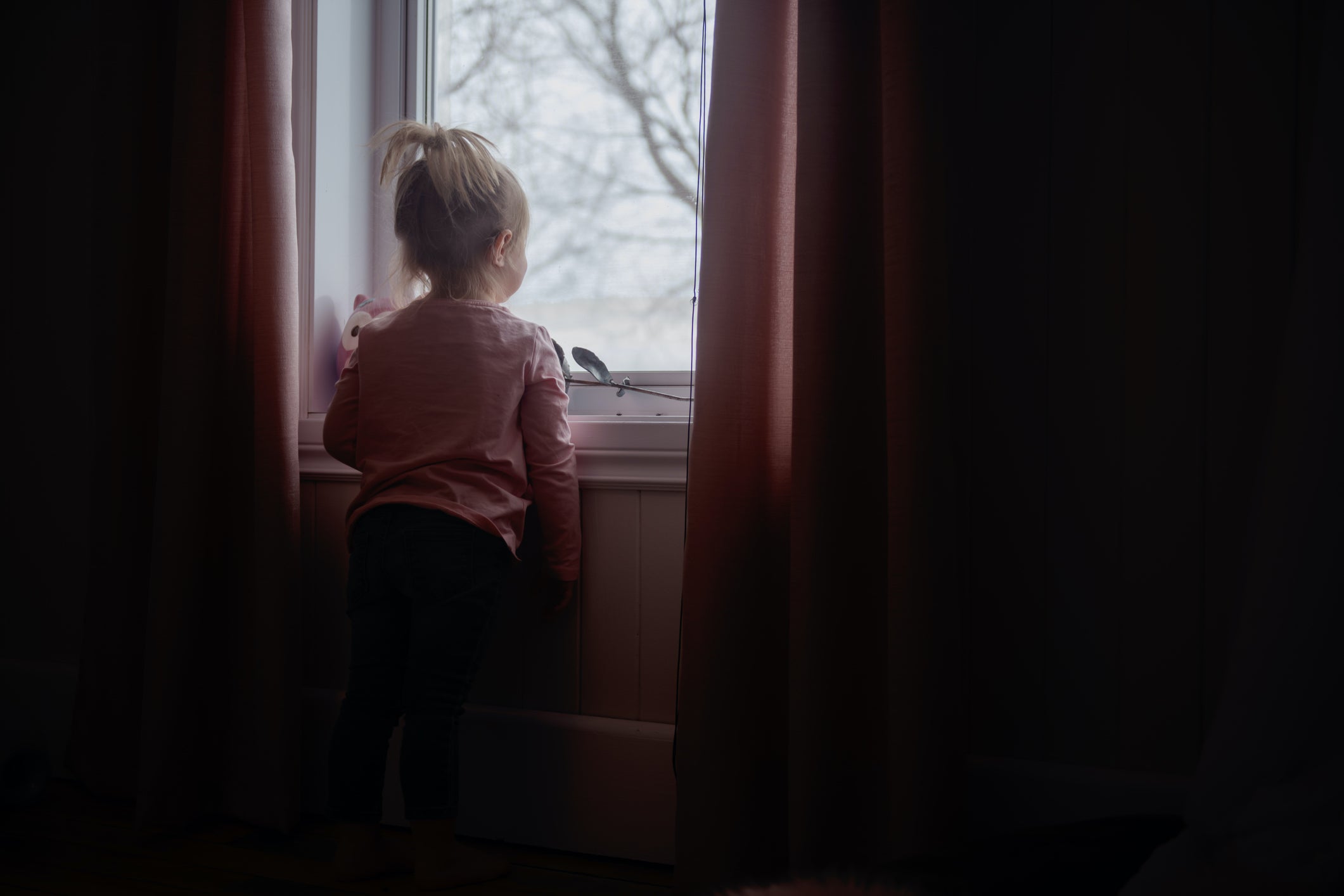Half a million children in extreme hardship across UK – even before lockdown
Children in Crisis: New figures show ‘appalling’ rise in destitution among families between 2017 and 2019 – and experts warn pandemic has only intensified financial pressures

Half a million children in the UK were living in extreme hardship even before the pandemic hit, new research shows, prompting calls for urgent action to better support families.
A flagship study by the Joseph Rowntree Foundation (JRF) reveals an “appalling” rise in the number of people living in destitution between 2017 and 2019, with the UK figure rising by 54 per cent to 2.4 million over the two-year period.
This included 550,000 children, a 52 per cent increase on the 2017 figure.
The research found that while single people continued to face the highest risks of destitution, lone parents were now more likely to face destitution than previously.
The study, carried out by Heriot-Watt University and based on a large-scale survey together with interviews of 70 people in the spring of 2020, also showed that one in seven people (14 per cent) experiencing destitution were in paid work.
Destitution is defined as when a household cannot afford two or more of the essentials that we all need to live, like shelter, food, heating and clothing.
Experts said Covid-19 had “intensified” the difficulties many people were facing when the research was carried out, meaning the figure was now likely to be higher.
Debt deductions from benefit payments were identified by the study as a key driver of destitution, in particular the repayable advance many are forced to take up to cover the minimum five-week wait for the first payment of universal credit.
Half of people experiencing destitution were claiming or had applied for universal credit when the survey was carried out.
One woman who was interviewed for the research said: “You start universal credit in debt, because you have to take that advance.
“If you’ve got enough money to live on, you wouldn’t claim universal credit, so I don’t see how there’s anyone on the benefit who can survive without that advance.”
The highest average rates of destitution are in the northeast, followed by London and the northwest, according to the research.
The JRF said that to turn the tide on destitution, the government should make permanent the £20 uplift to universal credit, which was introduced in March in response to the pandemic.
This “lifeline” is currently due to be cut in April 2021, which would mean 6.2 million families losing £1,040 from their annual budget.
Responding to the findings, Jonathan Reynolds MP, shadow work and pensions secretary, called on ministers to “see sense” and scrap the planned cut to universal credit, as well as end the “disastrous” five-week wait for the benefit, which he said was pushing people into debt.
“No child in Britain should be hungry or without essentials. The government must do more to support struggling families who are facing real hardship this winter,” he added.
Professor Suzanne Fitzpatrick, from Heriot-Watt University, said the findings “clearly” showed that levels of destitution in the UK were already rising “sharply” before the pandemic.
She added: “And the impact of Covid-19 has intensified the difficulties many people face accessing the help they need to meet their most fundamental needs.
“The sheer scale of the issue is unacceptable in one of the world’s richest countries and starkly reveals the devastating impact of the gaps, flaws and deductions in universal credit and other aspects of the social security system that lead to destitution by design.”
It comes after the poverty-uk-b1722305.html">children’s commissioner told The Independent that a generation of poorer children may never recover from the “cruel blow” of the coronavirus pandemic, as they have fallen behind their peers academically and been pushed deeper into economic hardship due to job losses among parents.
In June, researchers from the Institute for Public Policy Research found it was highly plausible that more than 1 million more people, including 200,000 children, would be below the poverty line compared to a situation where the pandemic had not occurred, by the end of the year.
Helen Barnard, director of the JRF, said: “It is appalling that so many people are going through this distressing and degrading experience, and we should not tolerate it. No one in our society should be unable to afford to eat or keep clean and sheltered. We can and must do more.”
The Department for Work and Pensions has been approached for comment.
Subscribe to Independent Premium to bookmark this article
Want to bookmark your favourite articles and stories to read or reference later? Start your Independent Premium subscription today.

Join our commenting forum
Join thought-provoking conversations, follow other Independent readers and see their replies